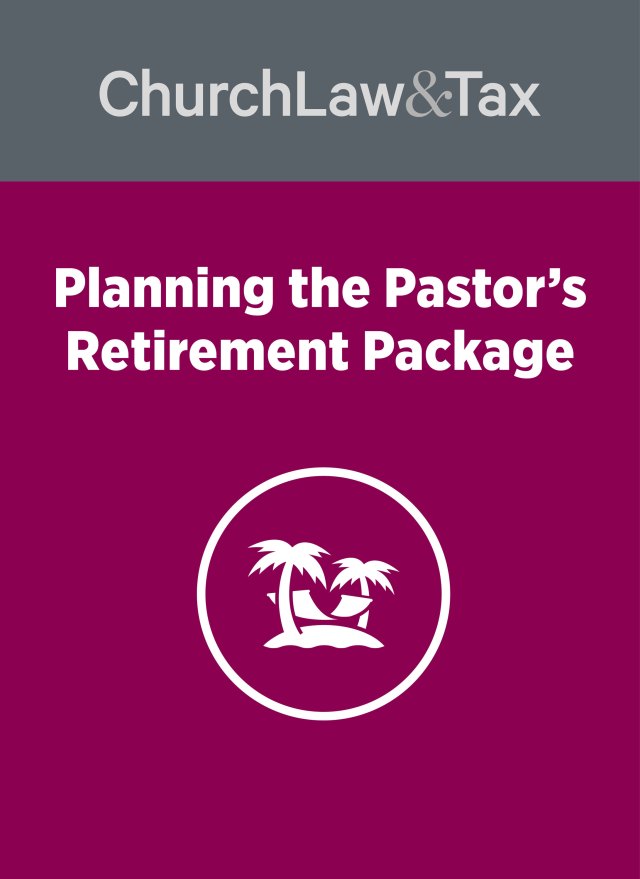In 1996, Congress amended the Internal Revenue Code to clarify that retired ministers do not pay self-employment (Social Security) tax on housing allowances and the annual rental value of a parsonage. However, a corresponding change was not made to the Social Security Act. As a result, while these benefits are not subject to self-employment taxes they are used to earn insured status under Social Security and to compute benefits under the Social Security program.
The Social Security Program Protection Act of 2002 (H.R. 4070), which was passed unanimously by the House of Representatives on June 26, would amend the Social Security Act to conform it to the Internal Revenue Code, meaning that housing allowances and the annual rental value of a parsonage provided to retired ministers would not be considered in earning “insured status” or in computing the amount of Social Security benefits. The bill will now be considered by the Senate. If enacted, it will apply “to years beginning before, on, or after December 31, 1994.”
Example. Pastor John retired in 1999. This year he receives a $1,000 distribution each month from his church pension board. Half of this amount ($500) is designated as a housing allowance. Pastor John does not pay self-employment tax on the amount of his pension distributions that are designated as a housing allowance. However, under the Social Security Act, these same amounts are counted in earning “insured status” and in computing Social Security benefits. If the Social Security Program Protection Act of 2002 is enacted, the amount of Pastor John’s pension distributions that are designated as a housing allowance will not count in earning insured status or in computing Social Security benefits.
Example. Pastor Bob has always been exempt from self-employment (Social Security) tax because he filed a Form 4361 with the IRS in his first year of pastoral ministry. In 2002 he retires, and he revokes his exemption from self-employment taxes by filing Form 2031 with the IRS. His only income is the monthly pension distribution he receives from his church pension board. All of these distributions are designated as a housing allowance. Under current law, these distributions are not subject to self-employment tax, but they do count in earning “insured status” under the Social Security program and in computing Social Security benefits. If the Social Security Program Protection Act of 2002 is enacted, the amount of Pastor Bob’s pension distributions that are designated as a housing allowance will not count in earning insured status or in computing Social Security benefits.
This article first appeared in Church Treasurer Alert, September 2002.




